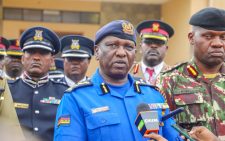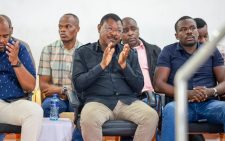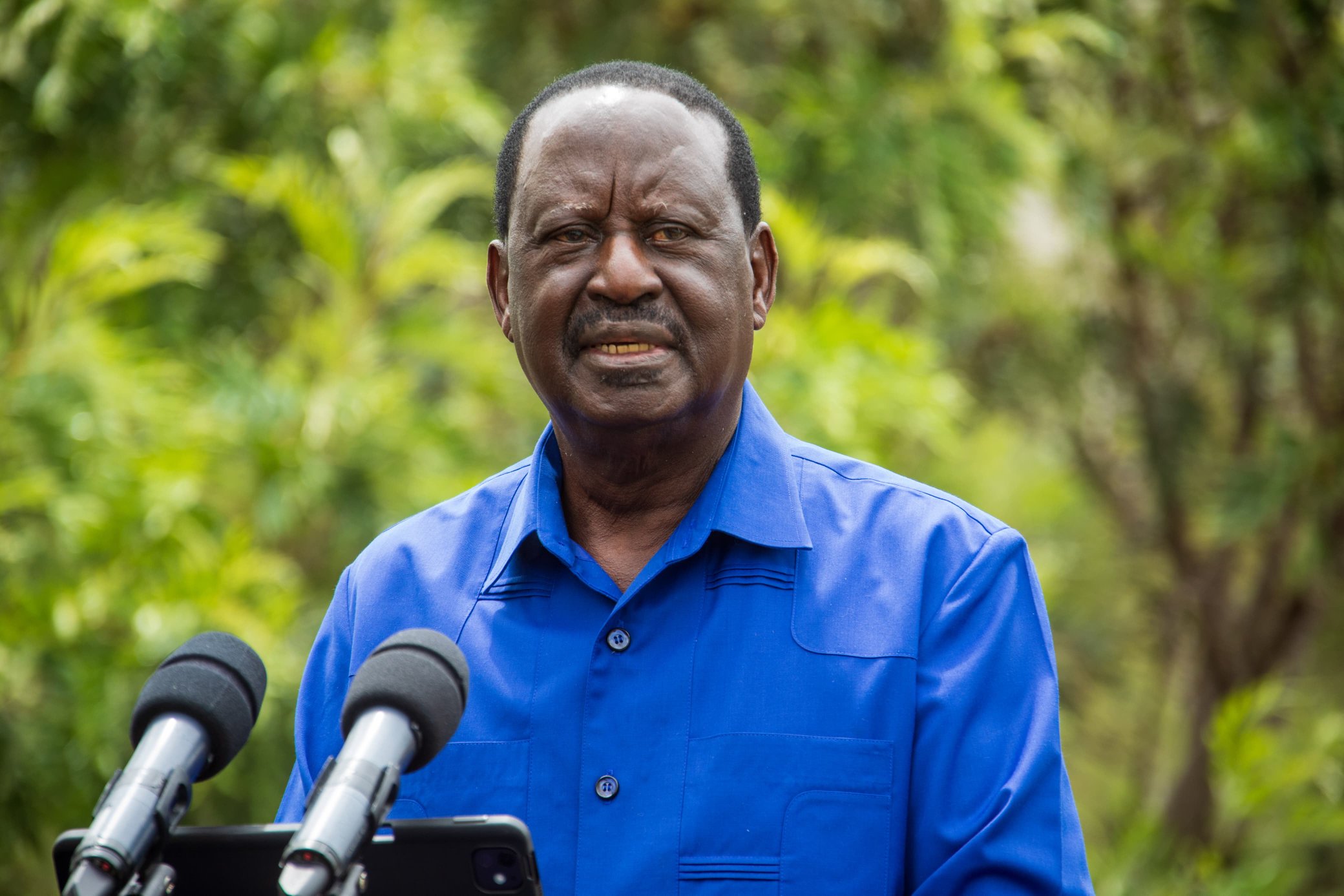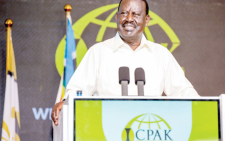Freedom of media, most misunderstood concept
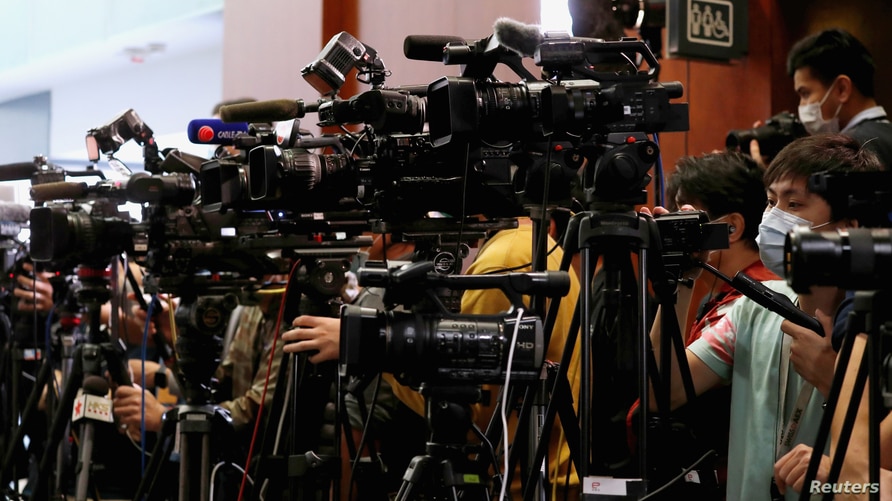
As the world was marking the World Press Freedom Day, the one clarion call that emerged was the need for the media in Kenya to cover the 2022 elections, without allowing partisan interest into the newsroom.
Quite an interesting call, given that the assumptions many of us make is that there are interests often political and commercial, that would want to influence the public sphere.
Little is said about the media asserting itself and robustly taking public interest positions, especially in electoral or political contests.
Naturally, the public trust the media more than politicians and in an electioneering period the crux should be reversing this perception of a vulnerable to a reimagination of the media, can leverage on the legal provisions that guarantee freedom of the media and cover this election from a media logic rather than a political logic.
For instance, now that both sides of the political divide have seasoned politicians gunning to be Raila Odinga and William Ruto’s running mates, can’t the media dedicate time and space to cover and unpack what all these potential running mates bring to the table. Is it not the media that the public depends on and not the politicians per se to push the public interest agenda?
Simply put, the media has a deontological call to prevent the citizenry from being misled by the statements or actions of individuals or organisations, especially the political class, who use public money or who are in the public eye or who are seeking public office either through elections or appointments.
The same deontology extends to crime and gross misdemeanour, public health issues, national safety and other rights and the media need of necessity to cover these issues as public interest issues given the sort of social contract the media has with the public as the credible source of public information.
The political class is of course apprehensive of the robust public interest coverage given that public interest coverage often rubs the powers that be or those seeking power the wrong way.
Granted, freedom of the media in a democracy has been theorised and widely discoursed, but probably still the most misunderstood concept. Partly, because democracy is a concept least understood or even mis-contextualised by many. Recently on one of the national TV talk shows, one of the pedigree panellists argued that democracy can only be instrumentalised through universal suffrage, which I found very limiting and narrow.
Classical Athenians in the 5th century BC rightly believed that deliberative discussions were sacrosanct and foundational for any wise action. To them a wise decision including the decision on who to give power to govern was better made if the citizens publicly discoursed in a free and unrestricted public sphere.
Therefore, calling for universal suffrage with little information about the choices available to the citizens is akin to allowing Kenyans to be hoodwinked by politicians, who take advantage of the period just before the elections to cause a buzz by contributing the most in funerals, harambees and churches services.
Some of these politicians don’t end it there, they secure the services of desperate youths who for local liquor and handouts will sing anyone’s praises and shout down opponents.
Today, some of these youths, high on cheap liquor and motivated by token handouts are singing praises of impeached governors, candidates with economic crime cases and a galaxy aspirants with questionable characters, yet outside here folks are busy talking about protecting the newsrooms.
The argument is that for the public to make those wise decision that bestows power to responsive leadership, then true deliberations should be anchored on robust, free, independent, viable and plural media that provides for public conversations.
—hesbonhansen@gmail.com

